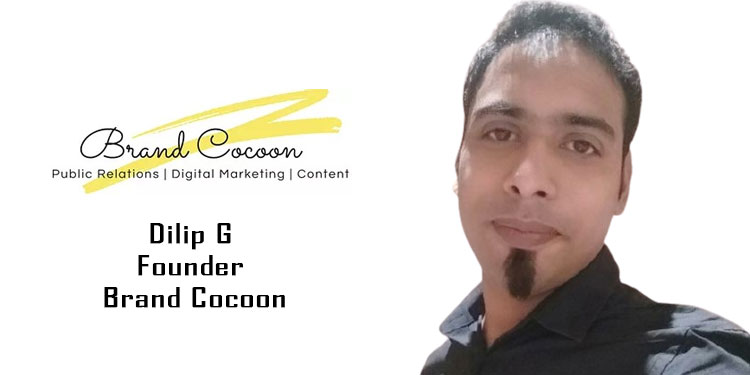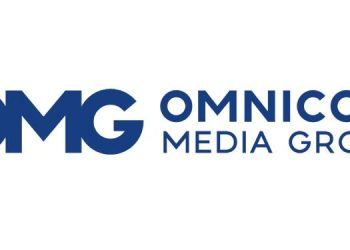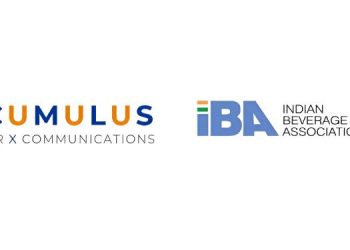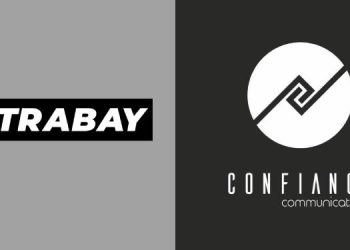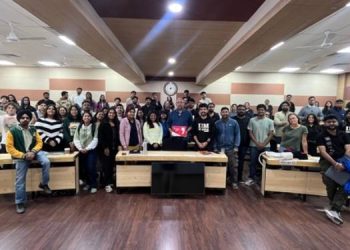While the world is reeling under the effects of COVID-19, the communications industry, like most other businesses, is increasingly changing how it works in response to the pandemic. There seems to be many a twist and turns in conventional PR instruments. What this actually translates into is – the phrase “Go Get us Some PR”, will need to be replaced with a more strategic approach towards building a brand image.
Here are the key trends that will define the future of public relations in a post-Covid world:
- Direct Customer Engagement: PR agencies will need to partner with media houses and influencers to publish user-generated content. This will mean the role of a PR agency should evolve by reaching out to the brands’ users, leveraging digital forums, and building engaging communities for a brand. Newer metrics like community building, customizing cost-effective integrated outreach strategies, studying industry reports, competition strategy to suggest potential industry or consumer partnerships, online reputation & crisis management, syncing the PR objectives to all departments within the company (including sales) need to be implemented. This will not only generate meaningful content for the press but will also expand the scope of implementing digital metrics in the PR campaigns. In a nutshell, the PR association should function more like a business partnership.
- Engaging Multiple Audiences: As publicists, we will need to broaden the definition of ‘public’ in public relations and move beyond ‘press relations’ only. There are multiple audiences of a brand and the public relations strategy will have to emphasize influencing each of them. From analysts, investors, influencers, industry bodies to customers and the media, the PR strategy should evolve in influencing every layer of the brand’s stakeholder. For example, it will make little sense these days to call a celebrity for a press-meet to announce a product launch. Exhausting the marketing budget on getting a celebrity on board for the launch will result in the celebrity stealing the spotlight than driving brand mileage. Instead, the PR Agency onboard needs to organize a round-table with relevant audiences and influencers that will help drive the message across the right platforms while giving them a sense of touch & feel about the product. The press to be engaged through a formal press release and select media interactions.
- Leveraging Technology and Relevant Digital Tools: Almost All brands have started leveraging the digital platforms to engage with their various stakeholders. The PR Agency onboard should be adept at using media monitoring tools to gauge a brands’ and its competitor’s health, in order to devise an effective communication strategy. Random press coverage is no longer going to make the cut. In addition to garnering media coverage, the PR agency will have to identify effective digital platforms to amplify the brands’ messaging. For instance, we at Brand Cocoon, in addition to helping our clients garner media traction use tools such as Brand24 to gauge a brands’ health. The insights gained help us leverage the effective use of new-age media such as podcasts online review platforms.
- Getting Creative with Content: The quote “content is king” is originally from an essay Microsoft founder Bill Gates wrote in 1996. In it, he describes the future of the Internet as a marketplace for content. Now, with the influx of the internet, the lines between traditional PR and digital marketing are blurring. A PR agency needs to strengthen its content marketing team to use keywords strategically and earn backlinks. This means creating newsworthy, engaging stories for a brands’ audience on a regularly updated platform with the potential to improve SEO. For instance, if you google the phrase “Guaranteed Clean Air” google automatically shows Clairco on its right side information box that constitutes the company name, phone number, hours, a link to their website, as well as pictures and reviews. This is a classic example of Brand Cocoon using relevant content to score quality coverage across traditional and new-age media which had a direct impact on the clients’ SEO.
- Ability to Impact Business: This also means getting used to a more complicated client brief. For instance, when a GYANA – a UK based AI company initially approached us, their brief was to drive conversations in multiple platforms, garner media coverage, drive website traffic and influence relevant stakeholders in India. In response, not only did we help them with quality hits in key publications, this also gave us an opportunity to get creative using infographics supported by backlinks to their websites and revive and initiate conversations on platforms like Quora. All this led to select influencers tweeting about the launch too. A year hence, they were funded by Twitter co-founder, Biz Stone, the announcement release which we proudly executed.
Authored Article by Dilip G, Founder, Brand Cocoon.

